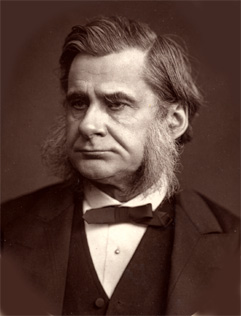Evolution and Ethics (1893)
Контексте: The history of civilization details the steps by which men have succeeded in building up an artificial world within the cosmos. Fragile reed as he may be, man, as Pascal says, is a thinking reed: there lies within him a fund of energy, operating intelligently and so far akin to that which pervades the universe, that it is competent to influence and modify the cosmic process. In virtue of his intelligence the dwarf bends the Titan to his will. In every family, in every polity that has been established, the cosmic process in man has been restrained and otherwise modified by law and custom; in surrounding nature, it has been similarly influenced by the art of the shepherd, the agriculturist, the artisan. As civilization has advanced, so has the extent of this interference increased; until the organized and highly developed sciences and arts of the present day have endowed man with a command over the course of non-human nature greater than that once attributed to the magicians.... a right comprehension of the process of life and of the means of influencing its manifestations is only just dawning upon us. We do not yet see our way beyond generalities; and we are befogged by the obtrusion of false analogies and crude anticipations. But Astronomy, Physics, Chemistry, have all had to pass through similar phases, before they reached the stage at which their influence became an important factor in human affairs. Physiology, Psychology, Ethics, Political Science, must submit to the same ordeal. Yet it seems to me irrational to doubt that, at no distant period, they will work as great a revolution in the sphere of practice.<!--pp.83-84
